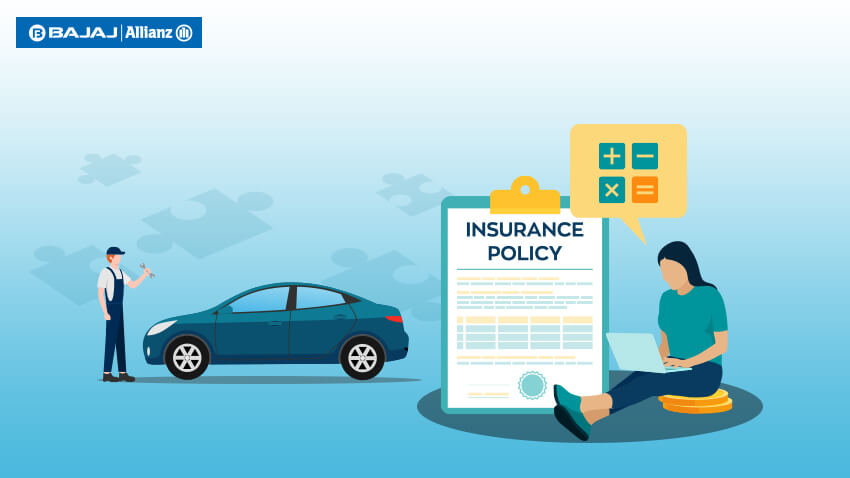Modifications to the car can add a personal touch. Not limited to cosmetic changes, these modifications can also increase the performance of the car. Manufactures when designing the car, consider all possible factors including the power output as well as the safety. This is what gets these cars registered according to prevalent safety and emission standards. But a modification can substantially change the engine output and may compromise the safety too. So, this results in the car insurance premiums being increased.
What exactly is a modification?
Any change in the original manufactured model of your car that makes it different from the other models manufactured similar to your vehicle is termed as a modification. The changes can range from a variety including aesthetic changes like change in colour, or even changes resulting in performance upgrades. Since a
car insurance policy protects your vehicle from the various risks, these modifications can have an impact on the premiums too. Here is how the various modifications can impact your insurance premium –
#1 Engine and Mechanical modification
The engine is the most critical component of your car. Any minor change can have an overall impact on the vehicle. Also, modification to the engine is the second most popular modification after paint. Changes to this vital part can result in increased acceleration, increase in engine output, etc. which may result in accidents. Hence, any modification to the engine directly impacts the car insurance premium.
#2 Paints and Wraps
The most harmless alteration is a change in the appearance, i.e. the paint of your car. While new age modifications are not limited to paint, but also include wraps that stick on top of your paint. This way, you can get a completely different colour for your vehicle. Changing these paints requires intimation to your insurer, especially when applying eye catchy designs that are expensive. If you do not inform your insurer, they may even reject your application for any claims.
#3 Modification to the wheels
While it is a rare modification since it involves understanding technical aspects of the chassis and body frame of your car, it is still a modification sought by many auto enthusiasts. These different wheels sometimes improve the aesthetic aspect whereas some impact its performance. So, if you modify the wheels, make sure to inform your insurance company to avoid rejection of your claim application.
#4 Car interiors
Changes to internal fittings like the steering wheels, infotainment systems or even the upholstery needs to be reported to the car insurance company. These changes impact the premium rate of your policy since modification is generally done for better quality or design of these parts.
#5 Changes to brakes and suspension
Brakes are as important as any other part of the car. Generally, the type and class of brakes used are after great research and development by the manufacturer. This is why it is not advisable to change them. However, if you change the brakes, it impacts the stopping power influencing the safety. Also, the suspension is one such component designed specifically for a particular model of a car and its common use conditions. Thus, changes in these spare parts requires to be informed to the insurance company.
To sum it up, modifications not only are expensive but also increase your car insurance premiums. While it may be hard to determine which changes will impact your premium, you can make use of a
car insurance premium calculator that helps assess the impact of these modifications on your premium amount. Moreover, do not skip informing your insurance company as skipping might lead to the rejection of your claim application. In case you make these changes after purchasing your car insurance plan, the endorsement facility can help you amend them in time. Insurance is the subject matter of solicitation. For more details on benefits, exclusions, limitations, terms and conditions, please read sales brochure/policy wording carefully before concluding a sale.
 Service Chat: +91 75072 45858
Service Chat: +91 75072 45858


